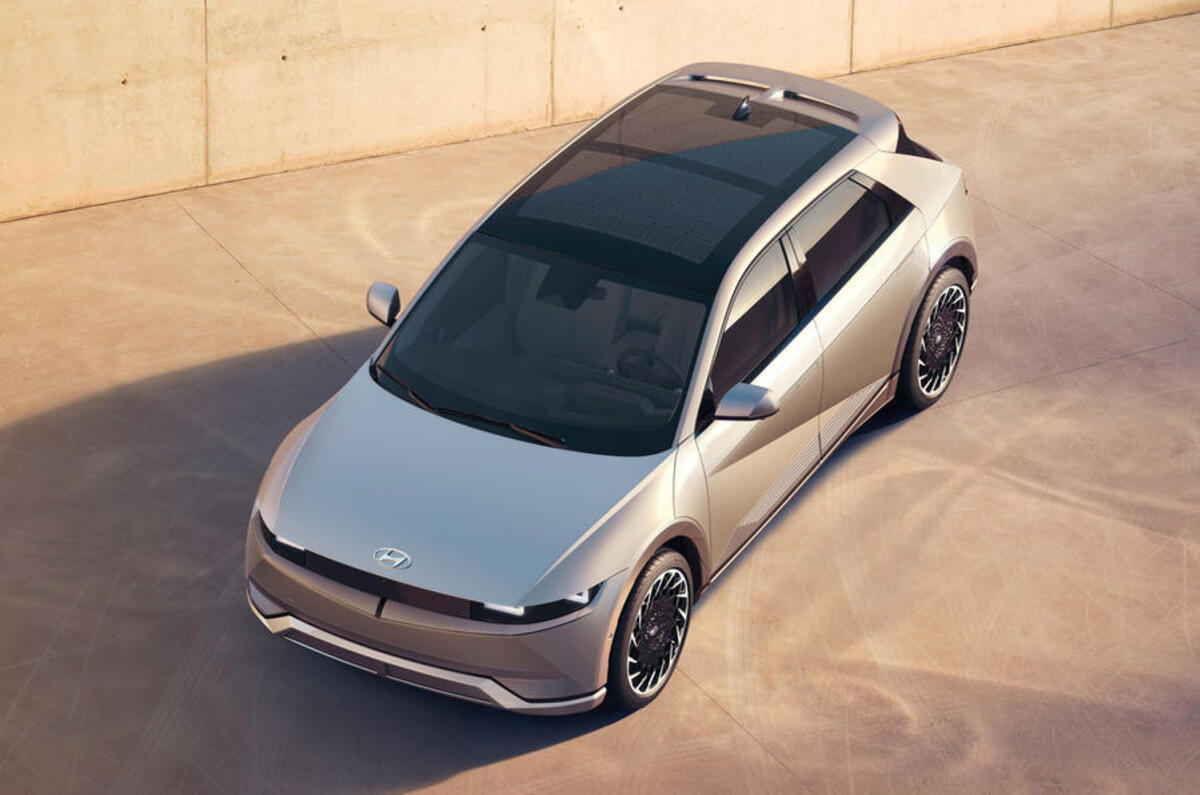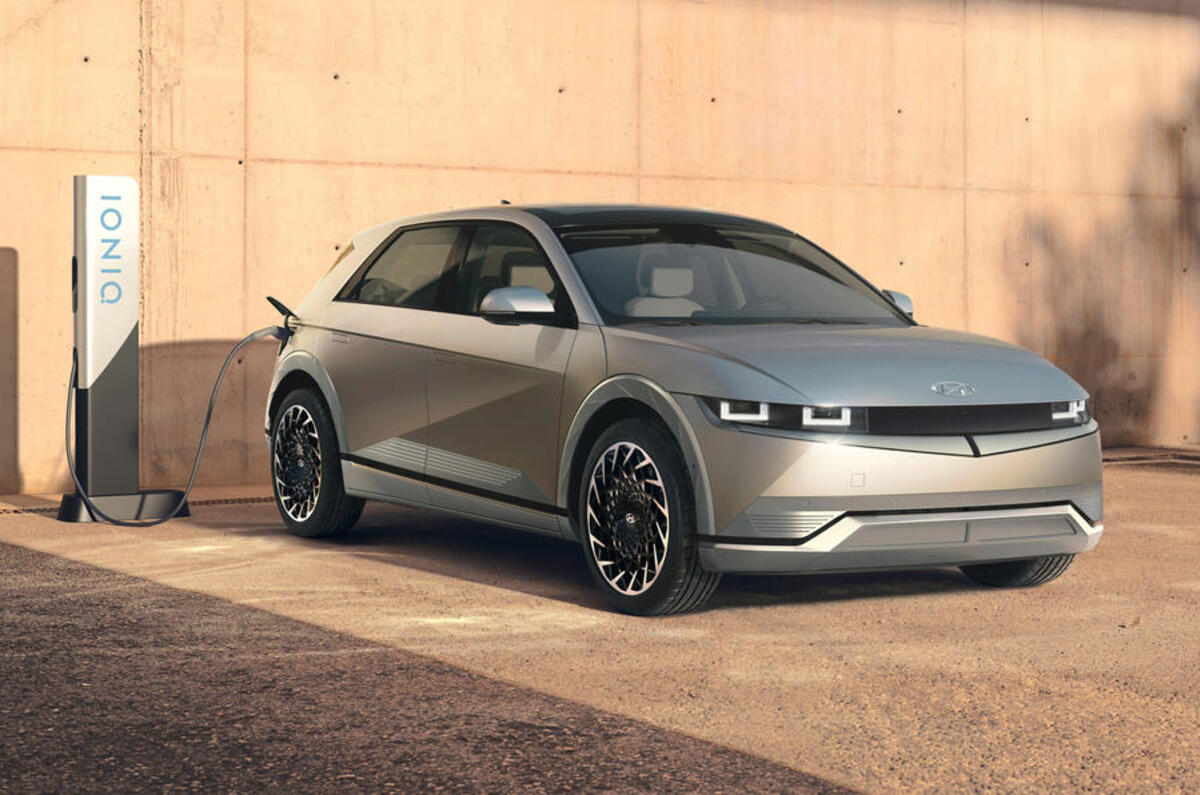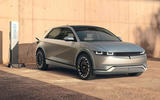The startling rise and rise of the EV over the past 10 years as a real alternative is almost mind-boggling, but there are still a couple of things holding it back.
Although the cost is still high compared with conventional alternatives, what apparently puts people off most is a lingering concern about recharging on longer journeys. The public rapid-charging network is growing fast but the time it takes to ‘refuel’ an EV on the move still smacks of inconvenience.
Drivers who aren’t car enthusiasts don’t want to be educated about the differences in EV ownership and don’t want to adapt – they just want them to be as convenient as what they’ve got already. Leaving aside the reliability or the coverage of the charging network, it’s the ability to pull into a station for a splash and dash that’s missing. It’s the difference between a few minutes and half an hour.
Fifty-kilowatt rapid chargers are still slow compared with a fuel pump and 22kW public ‘fast’ charge points are now, literally, a waste of space. What would help democratise the EV is the adoption of an industry standard of 800V, allowing charging in half the time taken with a typical 400V system.
An 800V, 64kWh battery could be charged from 20% to 80% by an 800V, 350kW charger in a little over seven minutes.
Switching to 800V doesn’t mean an all-new battery cell technology, just the way cells are connected inside the battery. It does mean that electrical components on the car have to change but that’s something suppliers like Hitachi, which supplied the Porsche Taycan inverter, have in hand. Major EV manufacturers are moving in that direction too.
The recently announced Hyundai Ioniq 5, based on the new, dedicated E-GMP EV platform, will have an 800V architecture that can be charged at 232kW. That will boost capacity from 10% to 80% (over 200 miles of range) in 18 minutes. It’s coming and it has to.
Slow public charging implies more costly chargers and more parking space for increasing numbers of EVs to charge in, so as 2030 looms closer, ultra-fast charging across the board can’t come soon enough.








Join the debate
Add your comment
Tesla sorted this out years ago with the Supercharger network.
Into a motorway services, plug in Model S, have a coffee.
Return to the car and unplug, zip and away.
If Tesla are the go to, how come,and remember Tesla has been around long enough, how come they aren't offering to work with Governments in other Countries to get a universal charging system for all brands?
It's not the cars, it's the infrastructure, before changing to an EV ICE drivers would like EV to as readily available as and when, not have to park till a bay becomes available,not have to drive around to find a working EV bay, not have umpteen ways to pay or chose who provides your EV power,or have a special wallet with all your EV providers in it, it's not range per se, it's infrastructure.
As far as I know the reason for 800V is that the manufacturers can use half of the copper gauge required and half the copper for the rectifying SMPS circuits contained in the vehicle, all will need half the current they would need at an incoming 400v for the same power. 400v which is again only really applicable to Germany or any other country where 3phase is available in a domestic situation. Charging batteries fast is only going to lead to a shortened life. When electric is being used it is generally desirable to transmit it a high voltage to reduce the current, that's why electricity is generally transmitted at high voltages and why 100v/120v countries have use such thick domestic cables for relatively low power capability and why you can only get 1500w max electric heaters in the US and why they have 240v available for washing machines and any high current/power domestic stuff.